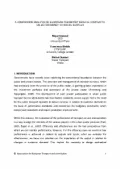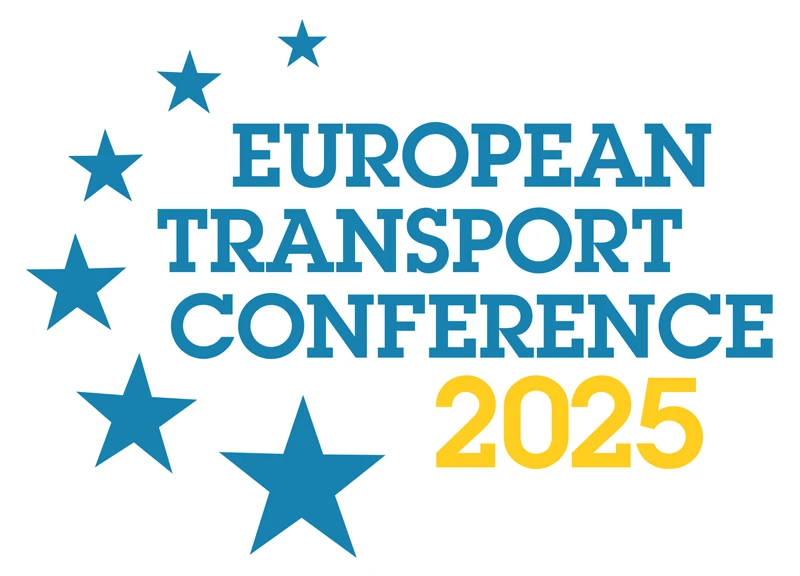-
Past ETC Papers

Browse, search and view papers from the past AET Conferences.
-
Members' Area

AET promotes networking and exchange of ideas, information and opportunities amongst members.
Conference Papers 2009
Noordwijkerhout, Netherlands
ETC Conference Papers 2009
A comparison analysis of European transport service contract: value for money vs social surplus
Seminar
Day 1 (5 Oct 2009), Local Public Transport, Funding Approaches, 13:30 - 13:30
Status
Accepted, documents submitted
Authors
F Medda, University College London, UK; M Quidort, Veolia Transport, UK; M Amaral, University of Paris, FR
Short abstract
We review various bus service contracts and analyze how best to achieve contract objectives. A primary aim is to understand how to implement incentive mechanisms and reduce negative externalities associated with travel.
Abstract
In many European countries bus operations are delivered through various regimes: public, private and mixed; within this context the service contracts have different characteristics and they differentiate widely within the EU. With the opening of the bus operator market to competitive mechanisms, it has therefore been necessary to re-examine the setting of the service contracts in order to introduce as objectives not only the maximization of the social surplus but also the aim to deliver value for money. This paper will review various settings of service contracts in order to analyze how best to achieve the objectives present in the contract. The analysis focuses on the interrelationship between commercial objectives, which represent the profit maximization under a cost efficiency and competitive regime, and the social objectives, which are the maximization of the consumer surplus as well as the increase of patronage and modal shift. The two main categories of contract that we consider will be minimum service levels under community service obligations with fare and subsidy budget cap, and the performance-based contract. In the latter case we will consider the regime of incentives based on passenger-trip and passenger-kilometer as well as the internalization of the externalities.
Under these two broad categories we will compare various European contract regimes by analyzing the performance levels and the quality conditions of the provision of the bus service. In so doing, we will consider the different indicators of performance and quality outlined in the contract such as punctuality, reliability, ?passengers in excess,? safety, cleanliness, information provision, dealing with vandalism, attitude of staff, and customer satisfaction.
The analysis will show the advantages and disadvantages of the two regime contracts and in particular will examine how the regulatory framework and environmental context may influence the successful implementation of a contract regime. Moreover, we will consider the option of implementing contract structures that are a combination of the two main categories. These contracts are important in transition operator settings and they are more flexible under a number of regulatory and operational frameworks.
The analysis concludes that an important feature in the European bus contract is the implementation of incentive mechanisms which link the operator with performance and profit, and thereby reduce negative externalities associated with travel activity.
Documents:

Association For
European Transport
Forester House
Doctors Lane
Henley-in-Arden
Warwickshire, UK
B95 5AW
+44 (0) 15 64 793552
VAT number: 710 1866 64
Conference Supporters & Endorsers




Legal Entity
The Association for European Transport is registered as an Association ('vereniging') with the Chamber of Commerce for Haaglanden in The Netherlands under company number 27170096.
Built on Zenario




